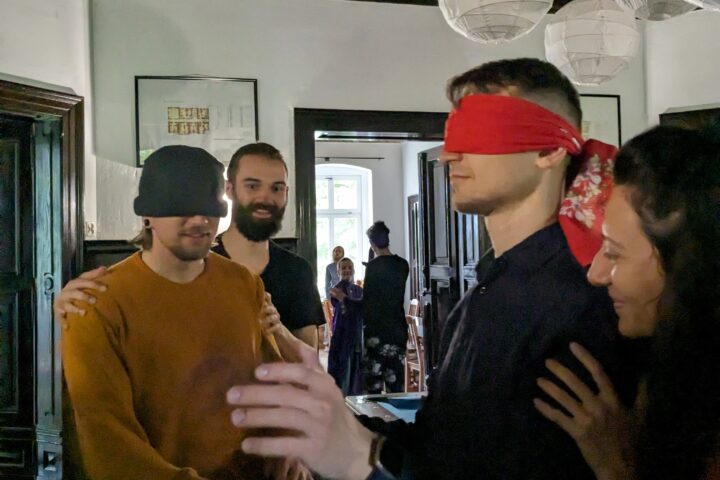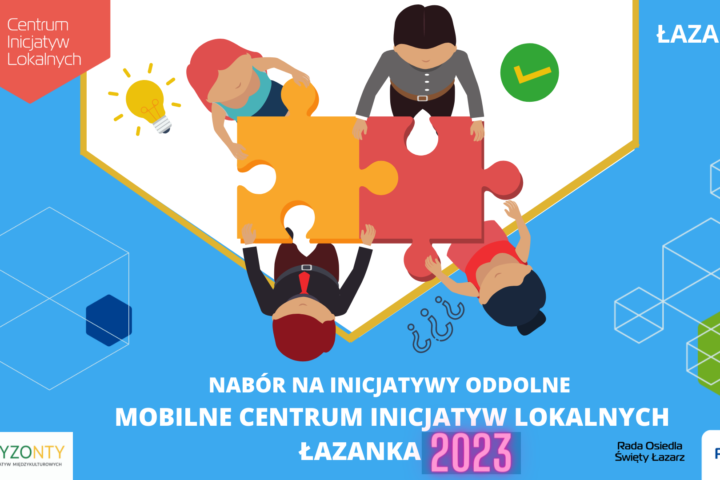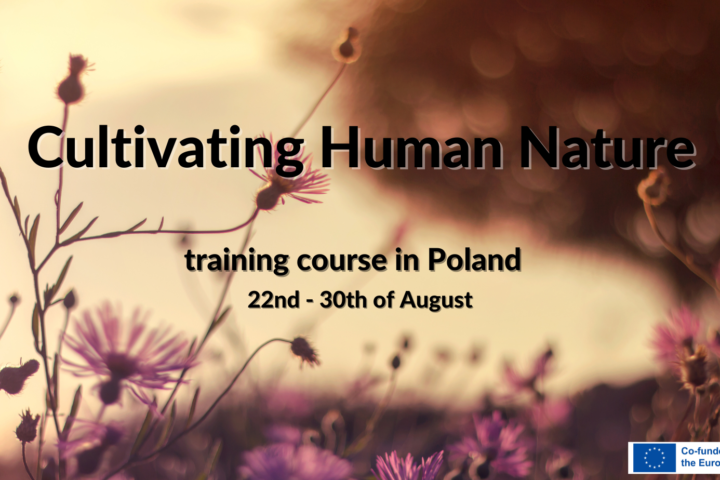Volunteering is an accessible and inclusive activity for enhancing the common values of society. It gives a chance for getting necessary work experience, developing skills, and social inclusion. In order to use its potential, especially in working with youth, it is important to recognize volunteers’ needs and motivation as well as learning opportunities in a given project, so that volunteering is engaging and educational.
In order to improve the quality of volunteering projects, Center for Intercultural Initiatives Horizons along with its partners developed the long-term „Volunteering Potential Lab” project with 3 mobilities, covering different aspects of volunteering project management and learning through volunteering.

The aim of the project was to increase the quality of volunteering projects by developing competencies of coordinators and other people working with volunteers in the following areas:
– identifying volunteers’ needs and assigning volunteers to the proper jobs
– identifying volunteers’ motivation and using its potential
– improvement of communication with volunteers (including conflict management)
– improving the promotion of volunteering (including learning outcomes) by different channels – identifying
learning potential within the volunteering project
– supporting volunteers’ learning
One of the outcomes of this project (and the most tangible one) is this publication. It is the result of the common work of participants, equally involved in its creation and it serves as a handbook for present and future coordinators of volunteers.
The publication does not cover all the aspects of volunteering management e.g. it does not provide detailed information on the volunteering project cycle as there is quite a number of the publication covering that, but it focuses on the elements of working with volunteers that need to be taken care of throughout the whole duration of a volunteering project. It covers the following topics: tasks of coordinator, task delegating, motivation, dealing with conflict, the role of mentor, volunteer management in times of COVID, and learning through volunteering. Thus it will be useful for those who would like to get concise information about these aspects of working with volunteers.
We hope you find our handbook as fun and useful as we do.
Volunteering Potential LAB Project was co-financed under the Erasmus + program of the European Union and in a collaboration of 9 European NGO’s:
1. International Youth Association “Quant”, Georgia
2. Asociación para la integración y Progreso de las Culturas Pandora, Spain
3. Gyumri “Youth Initiative Center”, Armenia
4. Projektor Ideell Förening, Sweden
5. Center for Intercultural Dialogue, (Macedonia), FYROM
6. Associazione di promozione sociale Joint, Italy
7. Pro Vobis – National Resource Center for Volunteering, Romania
8. South East European Youth Network, Bosnia and Herzegovina
9. Centre for Intercultural Initiatives Horizons, Poland



